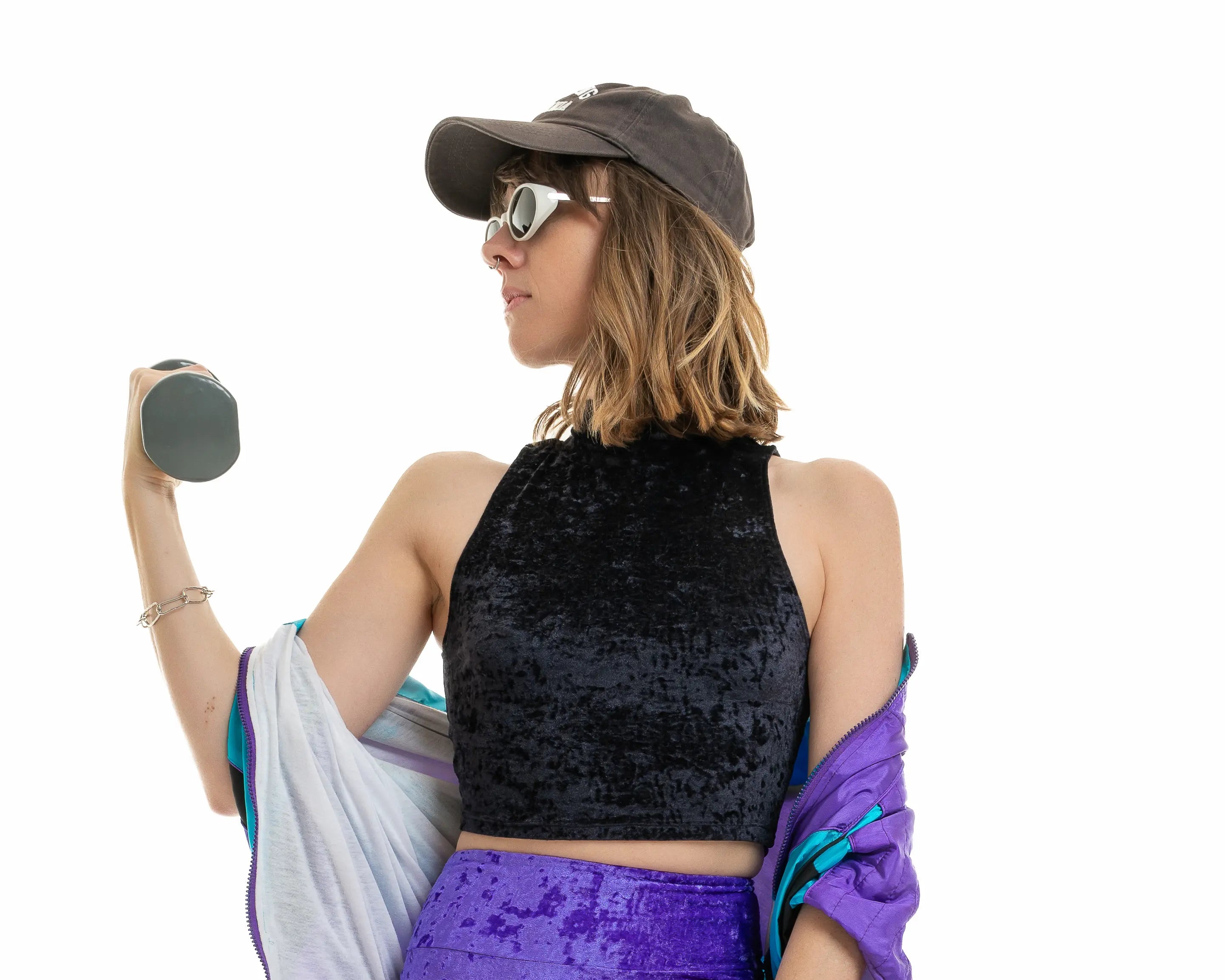🌍 Eco-responsible labels: how not to get lost?
Ethical fashion is everywhere. And with it, a forest of labels : GOTS, Oeko-Tex, FSC, Ecocert, Fair Wear, and so on. The problem? They don't all mean the same thing. And some are there more to reassure than to truly guarantee a commitment.
At UJŌ, we believe in transparency and common sense. We help you understand what these labels really mean—and how to make the right choices.
💡 Why do these labels exist?
Their objective is simple: to reassure consumers and regulate environmental or social commitments .
But be careful: a certified garment does not mean that it is perfect — just that it meets certain verifiable criteria.
✅ A good label must be:
- clear on its criteria
- independent
- audited regularly
- internationally recognized
🔍 The main labels to know (and look for on your clothes)
🟢 GOTS (Global Organic Textile Standard)
The most comprehensive label for organic textiles. It certifies:
- Organic natural fibers (at least 70%)
- Manufacturing processes without toxic products
- Compliance with social criteria (decent wage, no forced labor)
👉 Useful for organic cotton clothing (even though UJŌ doesn't use cotton, that's good to know).
🟡 Oeko-Tex Standard 100
One of the most widespread in textiles. It guarantees that the fabric does not contain substances harmful to health (heavy metals, solvents, endocrine disruptors, etc.).
👉 All UJŌ fabrics are Oeko-Tex certified or equivalent through our suppliers.
🔸 GRS (Global Recycled Standard)
This is the label to look out for if you're buying clothing made from recycled materials (plastic bottles, nylon, textile scraps, etc.). It also guarantees social standards.
👉 At UJŌ, we only use recycled or upcycled fabrics — often GRS certified.
🔶 Fair Wear Foundation
This label does not concern the material, but the working conditions in the workshops: decent wages, freedom of association, no child labor, etc.
👉 At UJŌ, our products are made in France in a small, human-sized workshop. No need for a label to guarantee fundamental rights: we know who makes them.
⚪ FSC / TENCEL™ / ECOVERO™
For cellulosic materials (from wood), these labels guarantee responsible forest management and reduced environmental impact.
👉 Less present in our collections today, but to watch for other brands.
🤔 What about fake labels? Or unclear information?
- “Eco-responsible” without specification → 🛑 marketing term, not a real label
- “Green” or “Natural” → without certification, it means nothing
- “Made in Europe” → says nothing about social conditions or materials
- Logo invented by the brand → 🛑 it exists!
💚 What we do at UJŌ
- Certified fabrics (Oeko-Tex, GRS) via carefully selected suppliers
- Recycled or upcycled materials (from dormant stocks of luxury houses)
- 100% French manufacturing in a family workshop
- No greenwashing, just conscious and joyful creation
✅ In summary: the right reflexes
| To do | To avoid |
|---|---|
| Look for recognized labels (GOTS, GRS, Oeko-Tex, etc.) | Relying on unclear mentions or unofficial logos |
| Learn about the production chain | Believing that “made in France” = automatically ethical |
| Prefer transparent brands | Thinking that a single label is enough to validate everything |
❓FAQ: Everything you may be wondering about eco-friendly labels
Yes. Many small brands like UJŌ operate responsibly without necessarily paying for expensive certifications. What matters is transparency .
No. Some are very comprehensive and strict (GOTS, GRS), others more flexible or limited to certain aspects (Oeko-Tex does not guarantee organic fabric, for example).
Recycling transforms a material (e.g., plastic → textile yarn). Upcycling directly reuses an existing fabric without transforming it (e.g., a dormant stock of luxury goods).
A transparent brand explains where, how, and by whom its pieces are made. It details the materials and manufacturing process, and doesn't hide its partners.
👀 To discover:
👉 Discover UJŌ eco-friendly clothing
👉 Learn more about our French manufacturing



